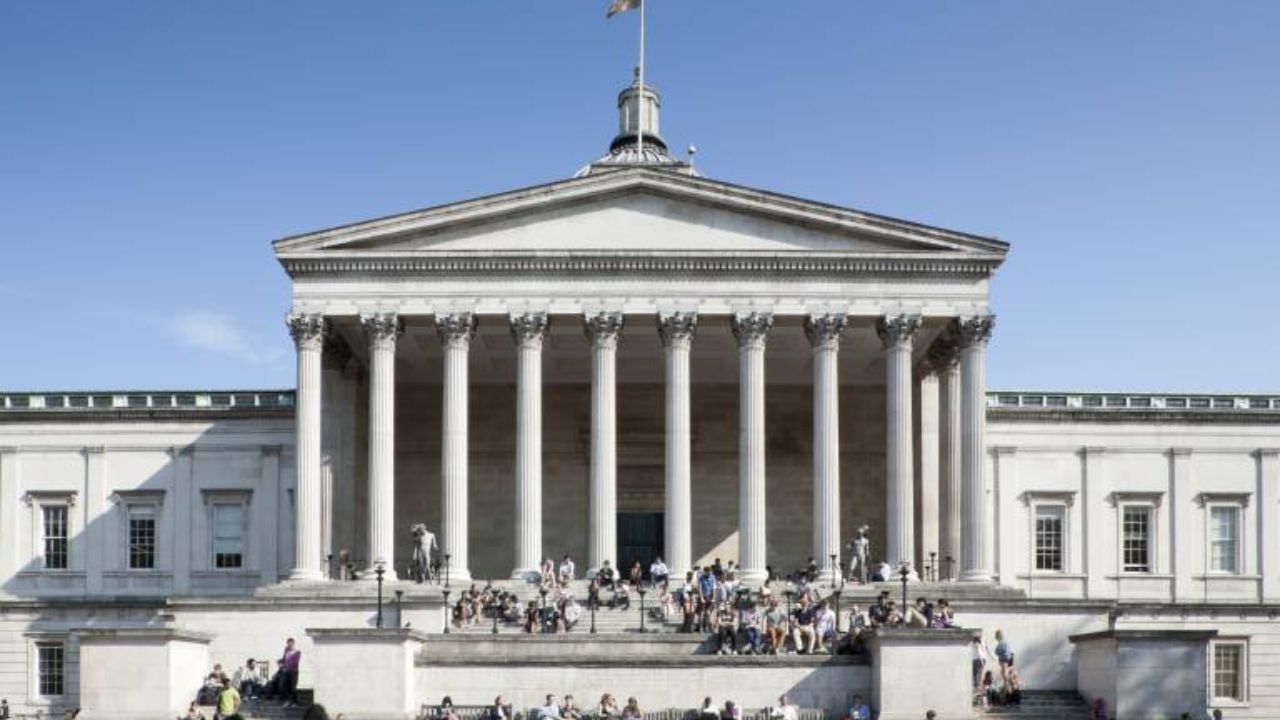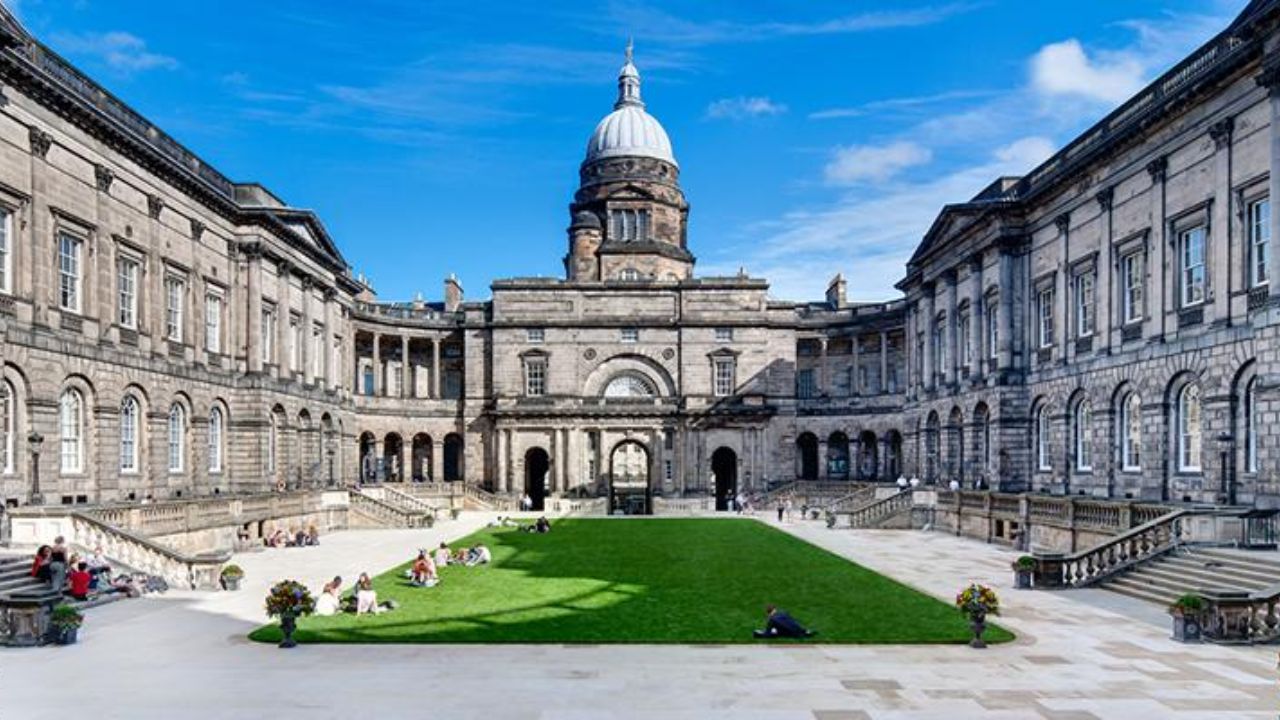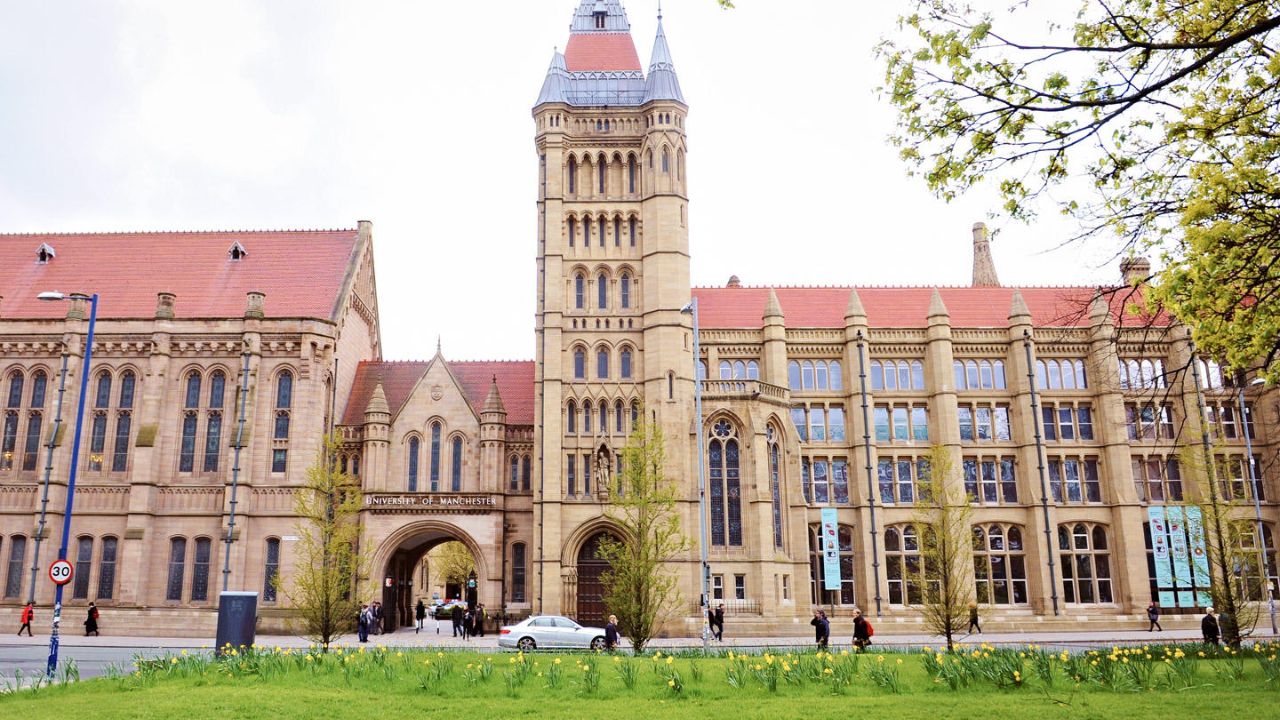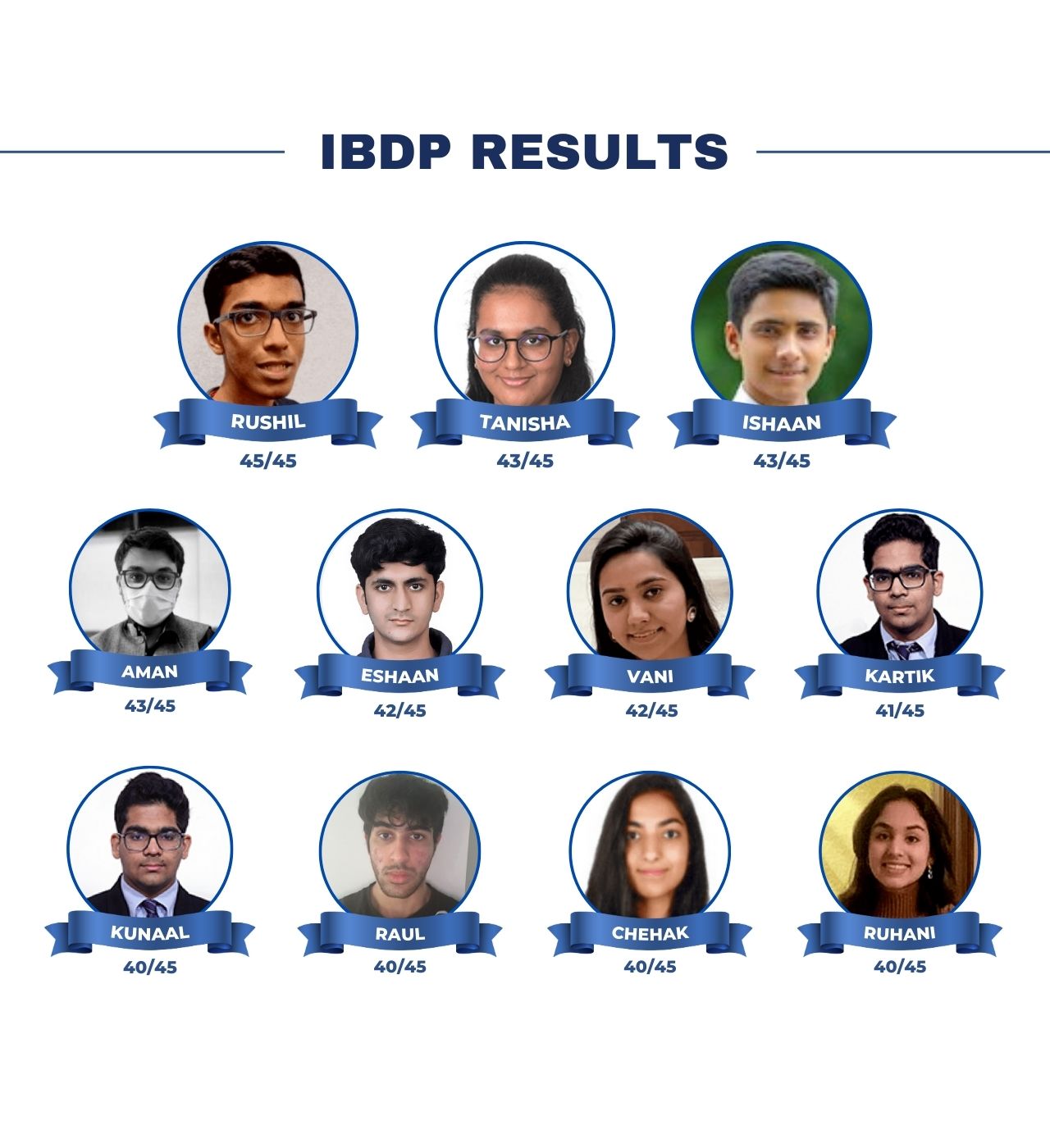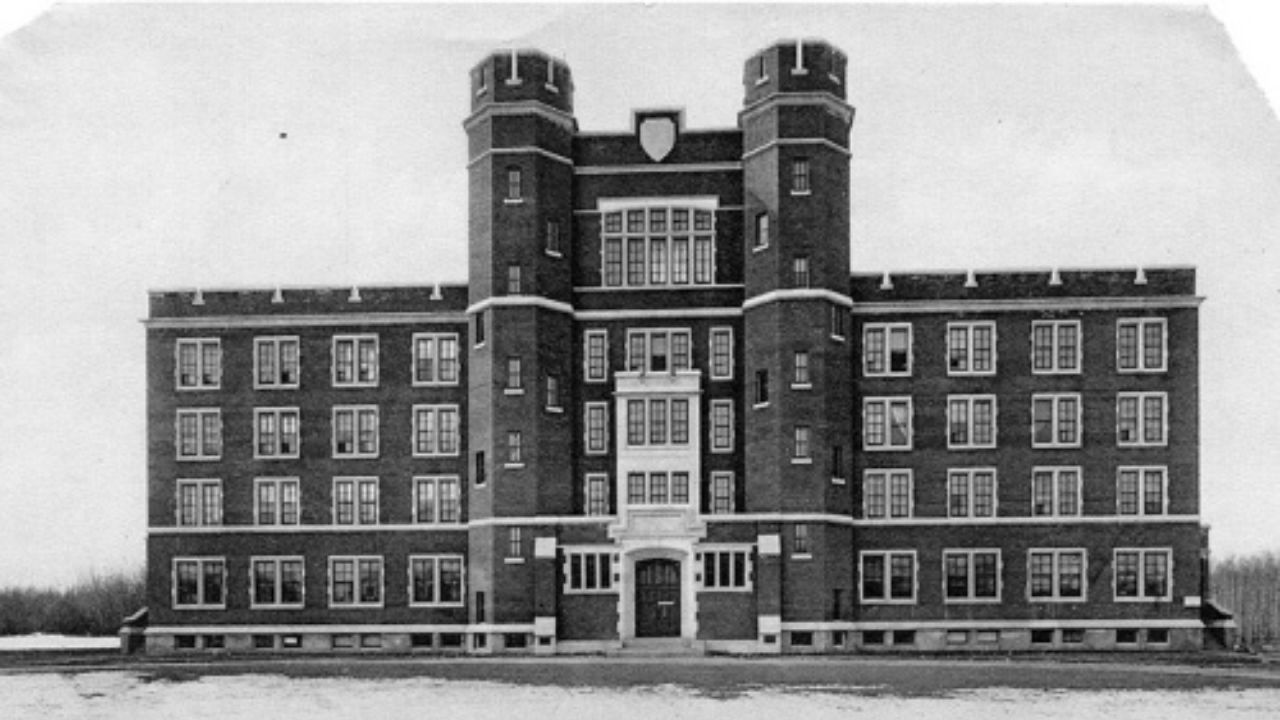
A brief history
The University of Alberta was founded in 1908 by Alexander Cameron Rutherford, the first premier of Alberta, and Henry Marshall Tory, the university’s first president. The university was originally located in Strathcona, Alberta, but it moved to its current location in Edmonton in 1912. The university’s early years were marked by rapid growth. The number of students enrolled at the university increased from 100 in 1908 to over 2,000 by 1920. The university also expanded its academic offerings during this time, adding new programs in engineering, medicine, and law. The University of Alberta played an important role in the development of Alberta during the 20th century. The university’s research helped to shape the province’s economy and its graduates played a leading role in government, business, and the arts.


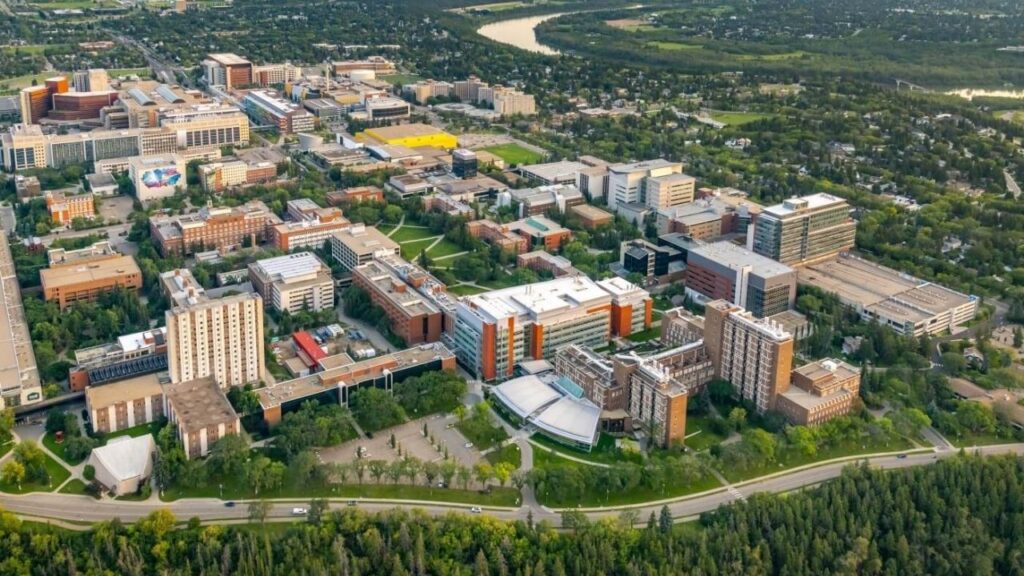
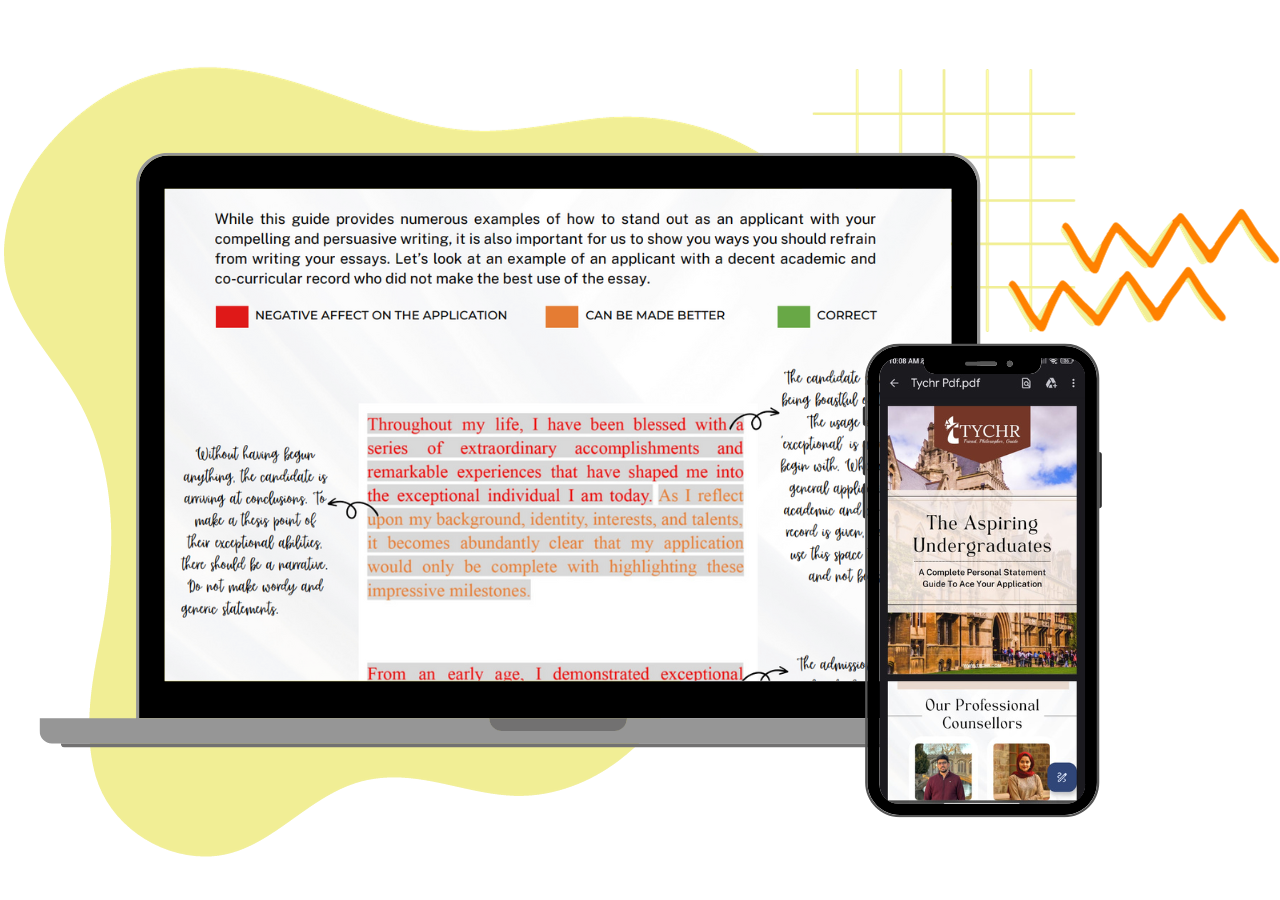






.jpg)



